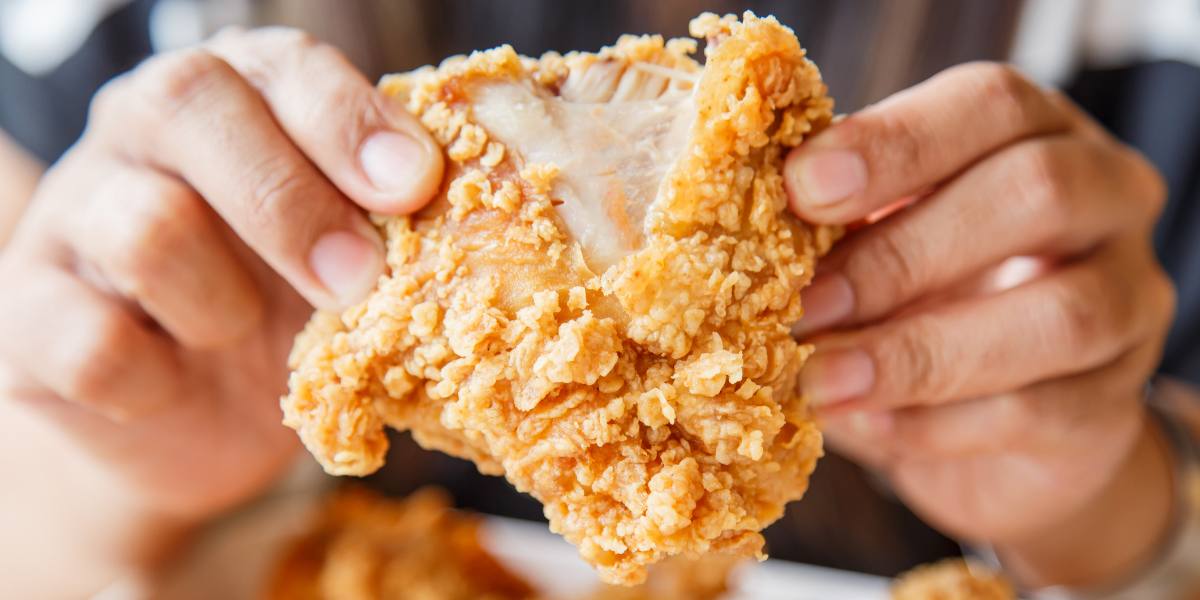People who regularly eat hyper-palatable foods are likely to consume more calories than those with a lower intake of this type of food, new research indicates.
A study conducted by academics from the University of Kansas and the National Institutes of Health (NIH) has found that meal energy density and the speed you eat your food can also boost your calorie intake.
- Researchers warn of dangers of ultraprocessed snacks and link to dementia
- Bad eating habits during adolescence triggered by ultra-processed foods, study claims
Hyper-palatable foods contain a certain amount of fat, carbohydrates and sugar sodium which makes them irresistible to eat.
Chief author Tera Fazzino said: “We wanted to know how hyper-palatable characteristics of foods, in combination with other factors, influenced how many calories a person consumed in a meal.”
According to the results, the impact of hyper-palatable foods increased calorie intake across four different diet regimes: a low-fat diet, a diet with ultra-processed foods, a low-carbohydrate diet and a diet based on unprocessed foods.
Hyper-palatable foods include brownies, pretzels, hot dogs, burgers, chips, fried chicken and pies.
- High intake of ultra-processed foods linked to ‘increased risk’ of colorectal cancer in men
- Kelly Osbourne avoids processed sugar after gestational diabetes diagnosis
Diet experts advise people trying to lose weight to stop eating energy-dense foods, including cheese and cookies.
Individuals looking to manage their weight should regularly eat foods low in energy density, such as apples, spinach and carrots.
Fazzino added: “We hope to get the information about hyper-palatable foods out there for individuals to consider as they make dietary choices, and we hope that scientists continue to examine hyper-palatable characteristics as a potential factor influencing energy intake.”
The study was published in the journal Nature Food.





